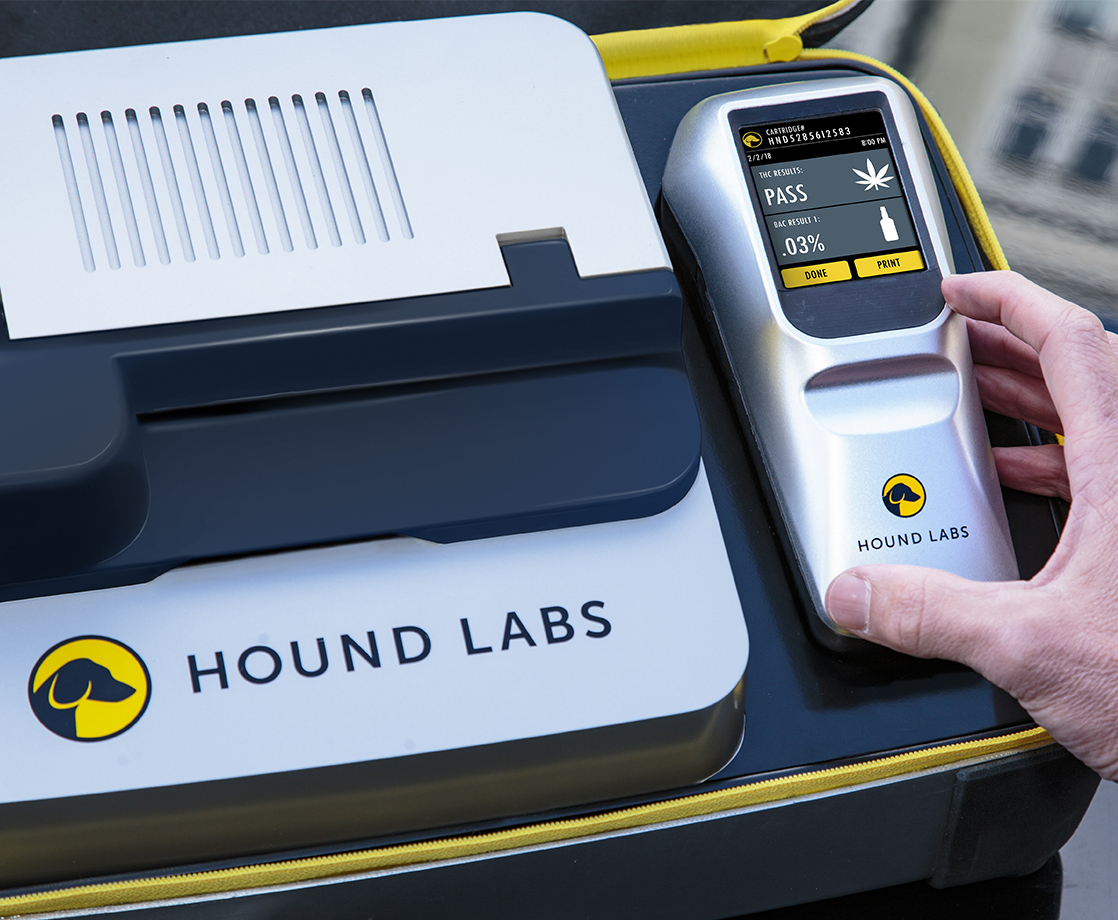Image via
Last week, the US Food and Drug Administration (FDA) ordered Juul Labs to pull its highly popular nicotine vaping products off the market. The company has already appealed the decision, though, and a federal court is allowing Juul to continue selling e-cigarettes until the case is resolved.
In order to legally sell e-cigarettes in the US, manufacturers must submit evidence to the FDA that their products actually benefit public health. Juul initially filed a 125,000-page premarket application with the FDA in 2020, packed with studies suggesting that e-cigarettes help adult smokers quit traditional cigarettes. The company also argued that its products did not pose any serious health risks and that teens were unlikely to become addicted to them.
After nearly two years of deliberation, the FDA denied Juul’s application, arguing that the company’s claims were not backed by science. The agency explained that this surprise decision was necessary because the company’s research contained “insufficient and conflicting data – including regarding genotoxicity and potentially harmful chemicals leaching from the company’s proprietary e-liquid pod.”
The agency’s marketing denial order demands that Juul immediately stop selling and distributing all of its products within the US. The order also requires the company to recall all products that are currently being sold in stores or else face enforcement action.
“Today’s action is further progress on the FDA’s commitment to ensuring that all e-cigarette and electronic nicotine delivery system products currently being marketed to consumers meet our public health standards,” said FDA Commissioner Robert M. Califf, MD in a statement. “The agency has dedicated significant resources to review products from the companies that account for most of the US market. We recognize these make up a significant part of the available products and many have played a disproportionate role in the rise in youth vaping.”
Juul immediately filed an emergency motion, arguing that the FDA was taking an “extraordinary and unlawful action” that would put them out of business, NPR reports. The appeal also argued that the FDA has already approved e-cigarettes produced by several of Juul’s competitors, including tobacco giant RJ Reynolds. The day after the FDA issued its ban, the DC Circuit of the US Court of Appeals agreed to grant a temporary hold that allows Juul to temporarily continue selling its products.
The FDA’s decision to ban nicotine vapes has led the cannabis industry to wonder about the future of weed vapes. Things are unlikely to change in the short term, considering that pot vapes are still completely illegal under US law, just like every other kind of cannabis product. But if cannabis did become federally legal, the FDA’s stance on Juul and vaping in general suggests that the agency might choose to ban weed vapes while allowing other cannabis products to be legally sold.
Advocates have argued that banning legal cannabis or tobacco vaping products only allows black market manufacturers to step up and fill the demand. Numerous clinical studies have found that illegally-produced vapes, especially black market weed vapes, contain toxic additives, heavy metals, and other dangerous contaminants. These deadly ingredients are believed to be largely responsible for the deadly wave of vaping-induced lung illness (EVALI) that began sweeping the country in 2019.
“If the FDA truly wants to keep consumers safe then they should regulate and hold vaporizer companies to the highest scientific standards, instead of banning products that will send them straight back to the black market and only compound the problem,” said Arnaud Dumas de Rauly, CEO of New York-based vape manufacturer the Blinc Group, to MJBizDaily.











